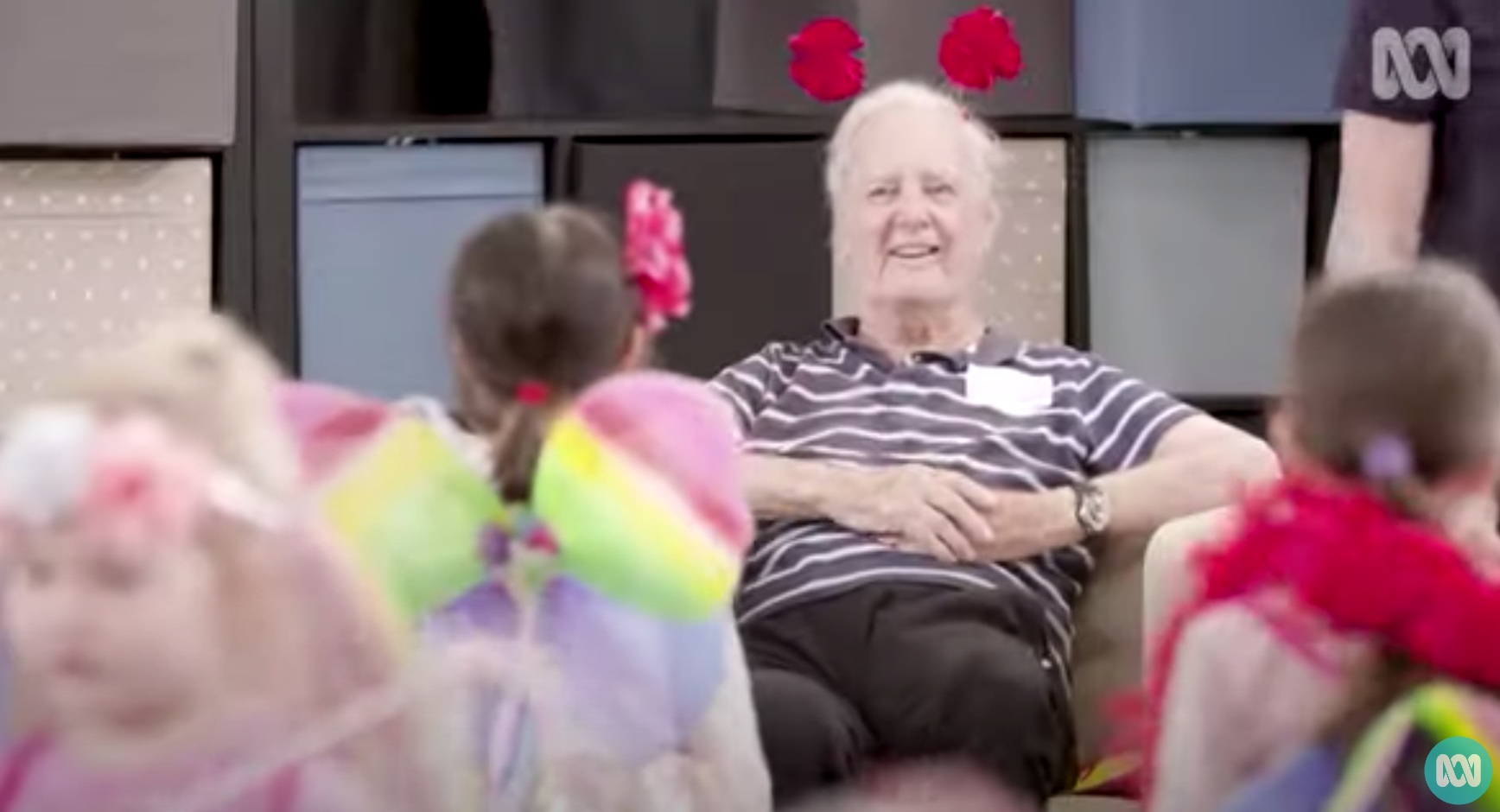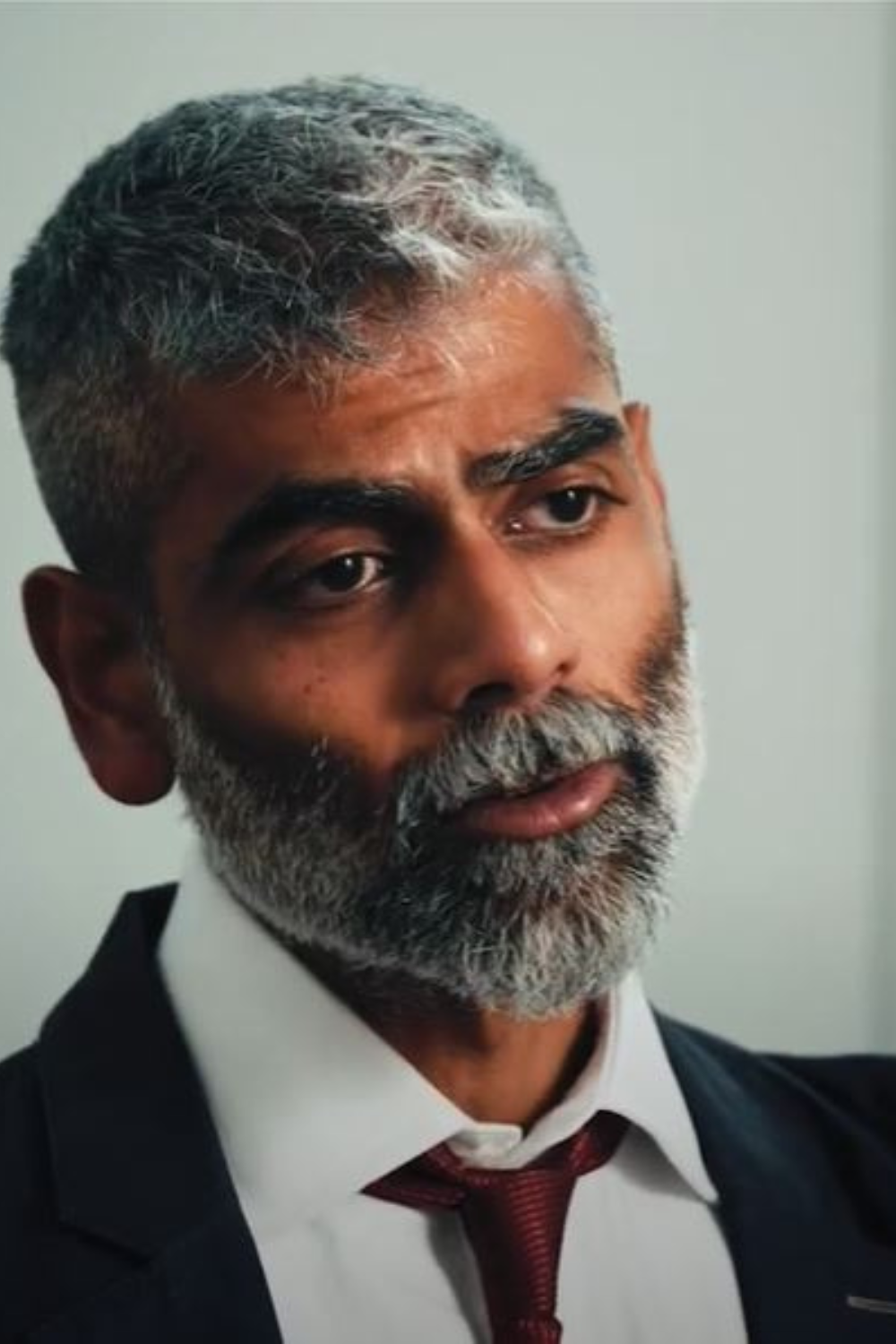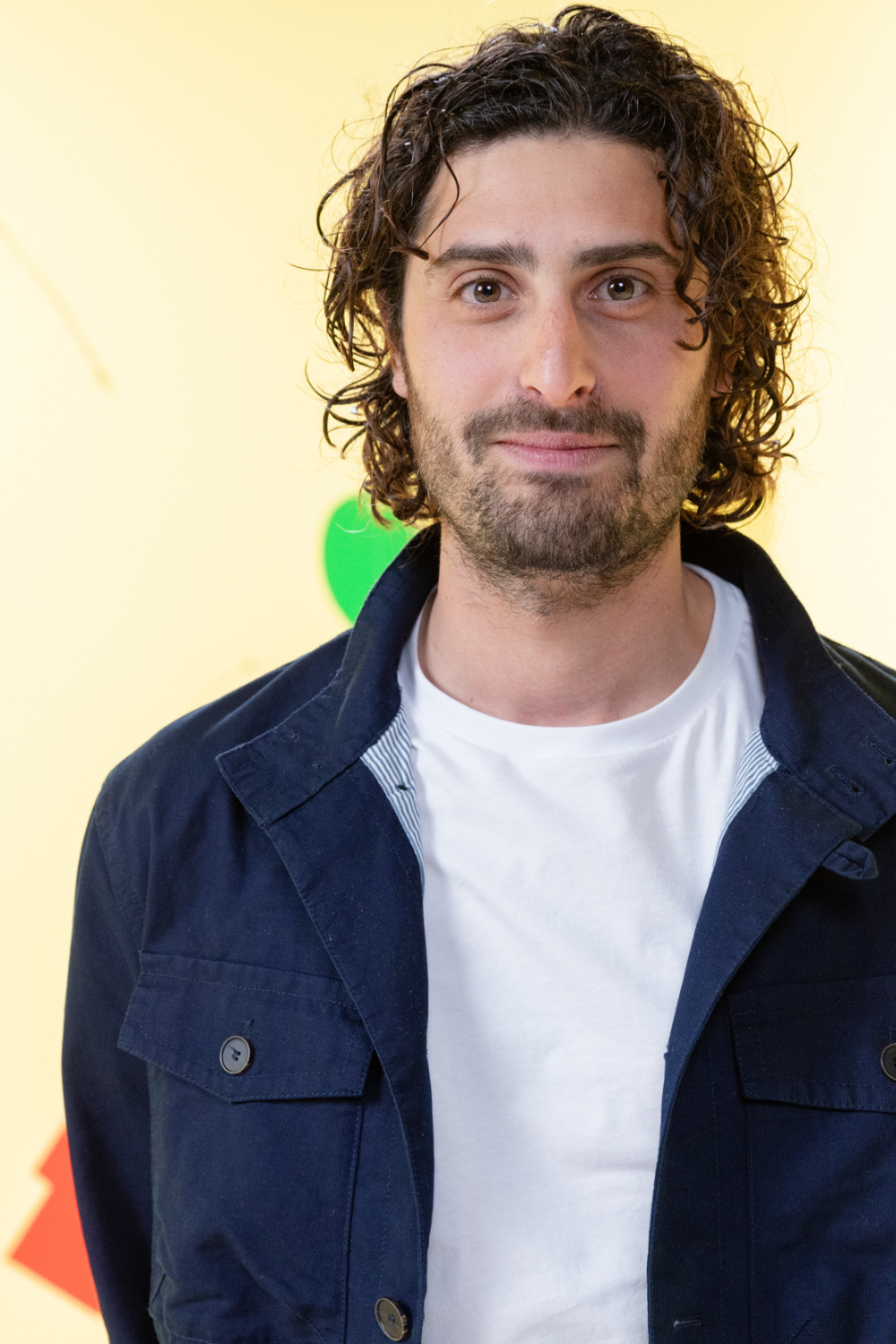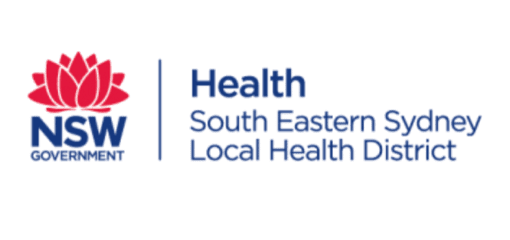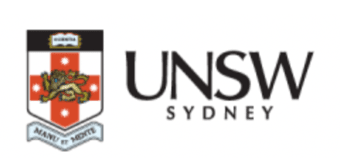Measuring the benefit of friendship across generations
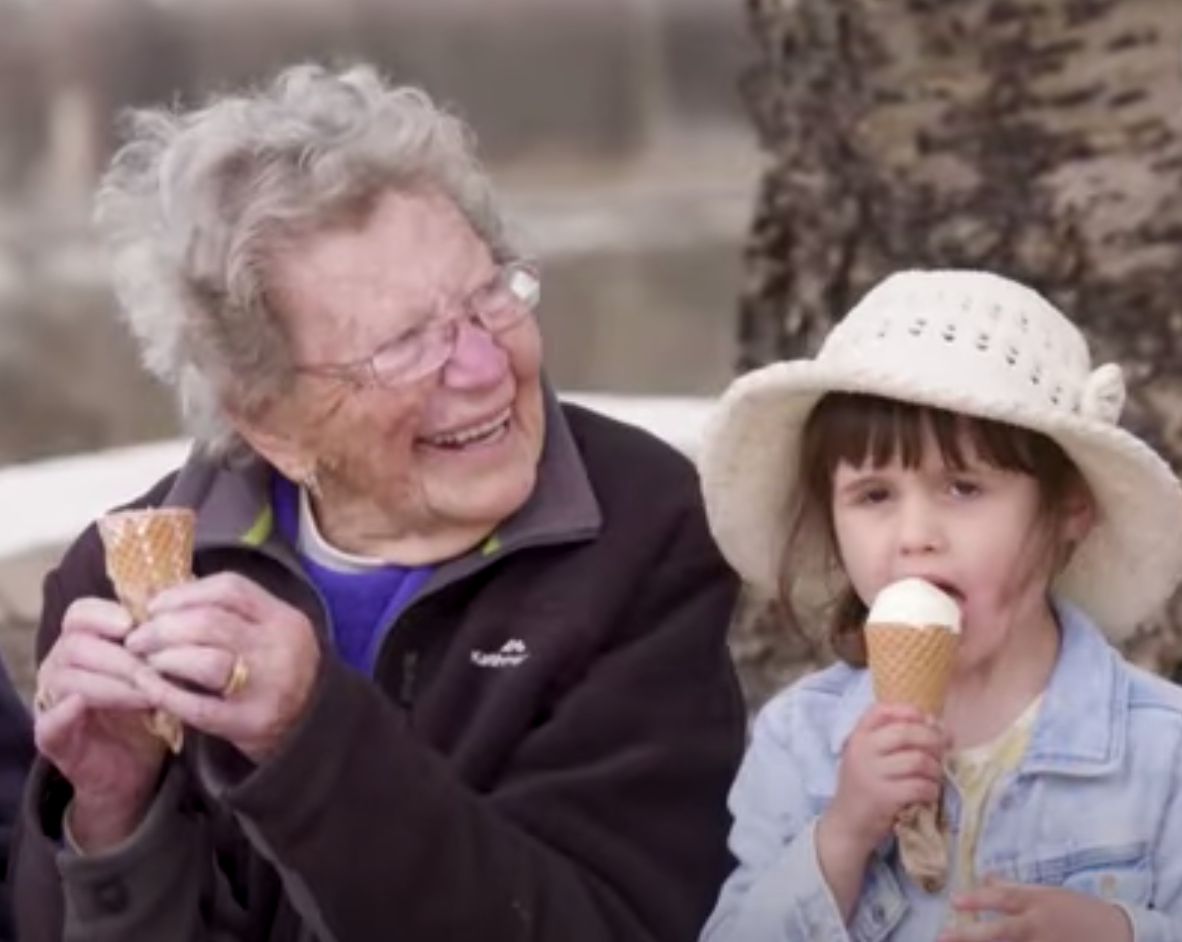
It was the show that charmed Australia. Between 2019 and 2022, the ABC’s wildly popular Old People’s Home for Four Year Olds, in which a group of older people visited a preschool and joined the children in dance, art and excursions, brought the idea of intergenerational wellbeing programs to a broad audience.
Viewers watched as individual relationships between the small children and older adults blossomed as they shared in memory games, dress-ups, dancing and the occasional wrinkle-counting session. The older people described a sense of fun and connection with the pre-schoolers, whose parents were just as pleased.
The social experiment seems to be a roaring success but before the idea can be applied – and funded – more widely in the community, it needs to be tested, to clearly establish whether the intergenerational social program does in fact have a positive effect on the physical and cognitive functioning and mood of the older people or the children, and justify investment in it.
Mindgardens has sponsored the first stage of the evaluation of the experiment, known as the INTERACTION trial, examining formally whether the intergenerational sessions are acceptable to participants and can be consistently delivered within community settings. It has also measured physical and cognitive performance, mood and quality of life in the older adults and language and socio-emotional development in children. It is expected the results will be available during 2023.
INTERACTION: INTERgenerAtional Clinical Trial In at risk Older adults and pre-school childreN
INTERACTION is an early commitment in the Mindgardens Dementia Flagship, which over time is intended to grow to include multiple holistic support programs for people with dementia and their families, and encompass Mindgardens’ and its Members’ participation in the National Dementia Centre Network, which will harness research, clinical practice and training strengths from specialist groups across Australia.
Brings together the strengths of four founding organisations


